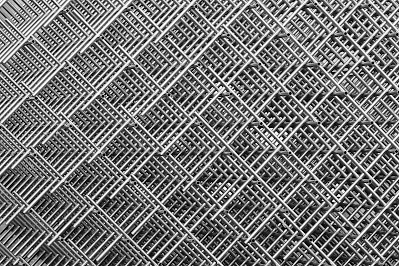D 5/19 - Remitting to the Board of Appeal with reasons amounts to a decision on the merits of the appeal
We do not often post appeals against decisions on EQE grades, but in this decision a general principle was addressed: how does the Board of Appeal with a situation wherein a first instance comments with a positive opinion on the allowability of an auxiliary request when remitting the appeal to the Board of Appeal in view of the main request not being allowable?
This appeal was filed against the decision of the Examination Board for the EQE 2019 which held that the answer paper to the ED 2019 had been awarded 43 marks and therefore the grade "FAIL". The appellant requested that decision to award her a "FAIL" be set aside and that her paper instead be awarded a "PASS" (main request), or, alternatively, a "COMPENSABLE FAIL" (auxiliary request). The appellant was informed by the Exam Secretariat that her appeal had not been allowed by the Examination Board (no interlocutory revision). This letter also stated: "The Examination Board wishes to add the following comment: After remarking, the Examination Board considers that the main request is not allowable. However, the auxiliary request could be allowable. The candidate could be awarded 46 marks: [...]." The Examination Board thus remitted the appeal to the Appeal Board (Disciplinary Board of Appeal) without rectifying its decision. Thus, the situation arise that interlocutory revision did not take place as that cannot be done in view of an auxiliary request, while the Examination Board did comment on the reasons for remitting and on the merits of the auxiliary request. How did the Appeal Board deal with this situation, also in view of their restricted competence in EQE appeals (in particular, the allegedly incorrect, and insufficient, number of points awarded to the appellant's answers not being open for review by the Appeal Board)?









